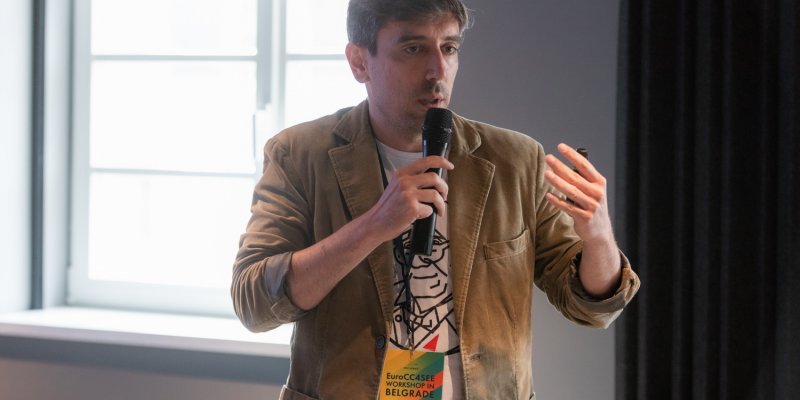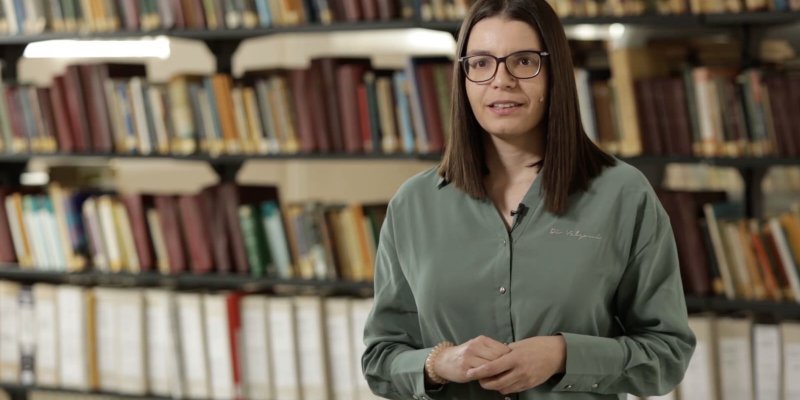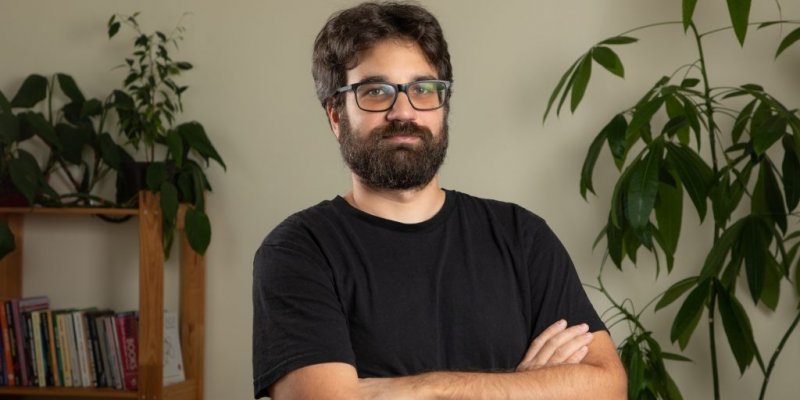Stefan Milošević is a researcher from the University of Cambridge and BIO4 Campus, specializing in AI and HPC applications in oncology, with a particular focus on genetics, omics data, and clinical decision-support systems. AI is steadily transforming the landscape of oncology - not as a replacement for clinicians, but as a powerful ally. As Stefan Milošević explains, "AI, within oncology, is not seen as something that is looking to replace clinicians. Rather, AI is something we like to call a support tool that we want to use in the field of oncology".
Stefan’s research focuses on bridging genetics and machine learning, drawing from his collaborations with Professor Pietro Liò and Dr. Sarah Teichmann at the University of Cambridge. "The basic concept was to transform and to see the data of different genetics data to omic data, as well as EHR (Electronic Health Record) systems, and to integrate that with machine learning models", he notes. The vision is clear: to take these models and embed them in clinical decision-support systems that could one day assist doctors in real time.
He emphasizes the distinction between what he calls upstream and downstream research. "Upstream is regarding a little bit more in terms of just the research domain and not taking into account the clinical trials aspect. And downstream is a little bit more hitting towards patients and the actual therapy responses with everyday EHR data that’s also been integrated to such systems". This dual perspective captures the challenge: while the science is advancing rapidly, true integration into clinical workflows is still a work in progress.
Yet Stefan remains optimistic about the pace of progress. "We’re still way away from actually integrating AI into the everyday stream for clinicians. However, with research being conducted, we are diligently working to publish as many good publications as possible so that we can actually mainstream AI as much as possible when it comes to clinicians".
The takeaway is both pragmatic and hopeful: AI in oncology is not about replacing expertise, but about amplifying it—bringing together genetics, data, and machine learning to pave the way for tomorrow’s patient care.




